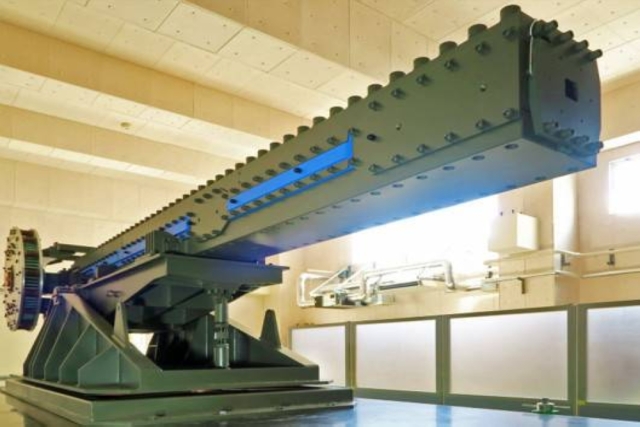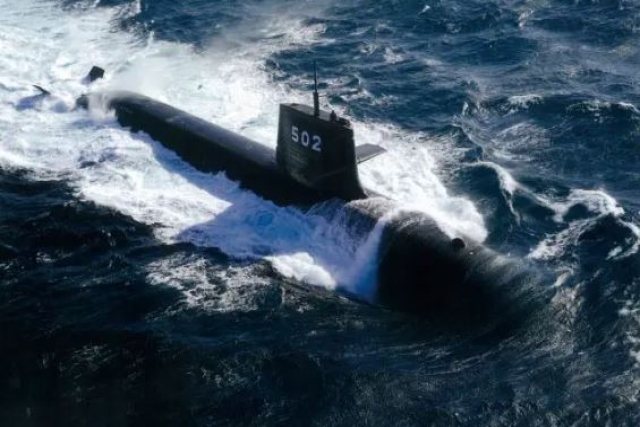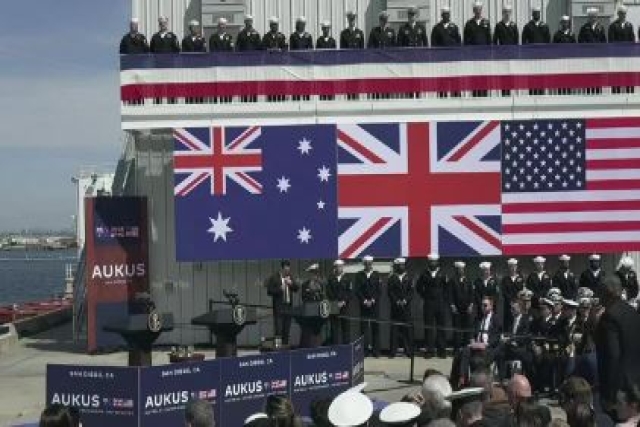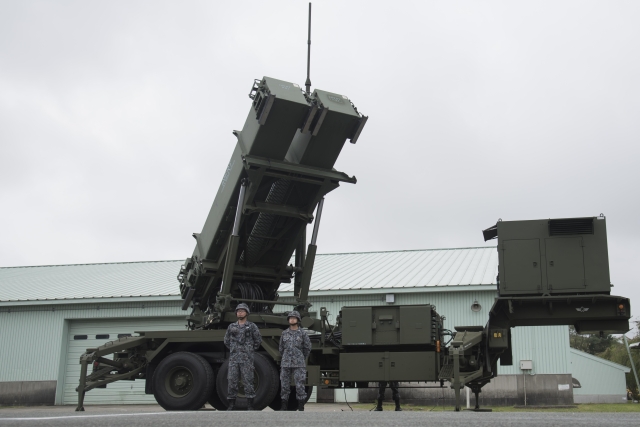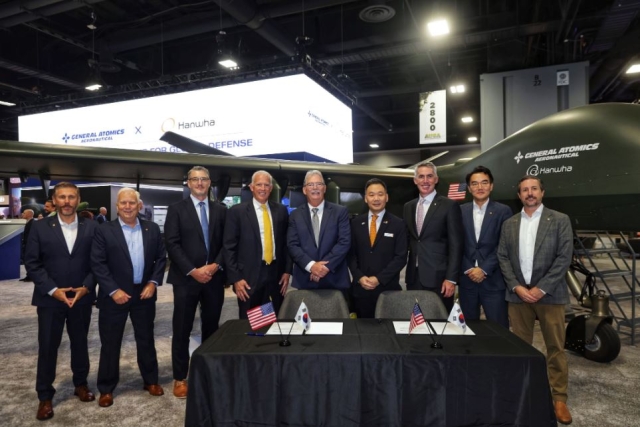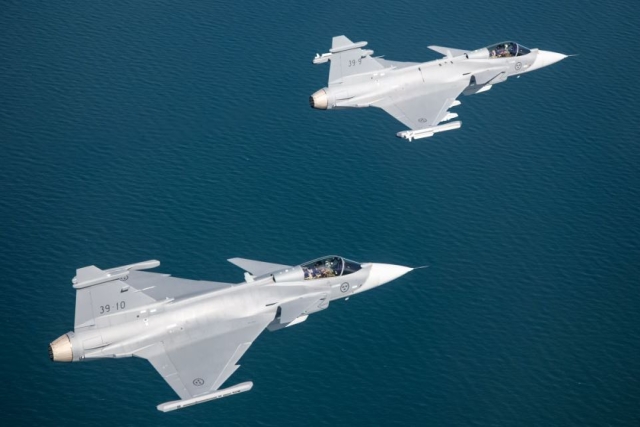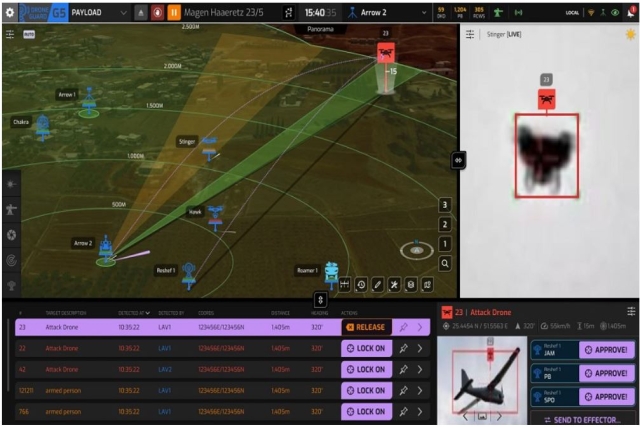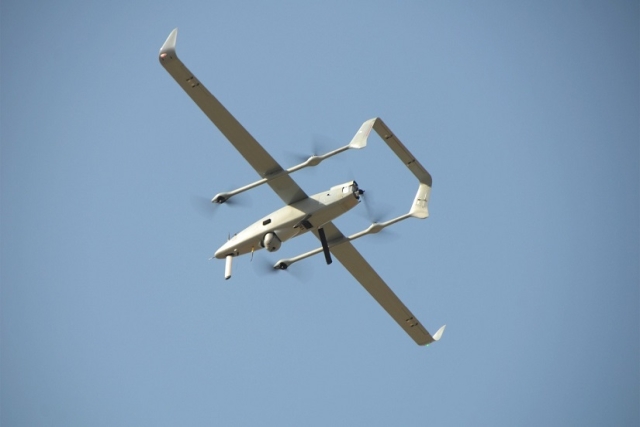U.S. Eyes Japan as Weapons Production Base
U.S.-Japan DICAS Forum aims to enhance industrial cooperation, jointly maintain military assets, and accelerate production of weapon systems.

U.S. and Japanese authorities are in talks to enhance collaboration in defense, focusing on areas like maintaining U.S. warships and aircraft in Japan and jointly advancing weaponry development and production.
The conclusion of the two-day talks on June 10 marked the launch of the Defense Industrial Cooperation, Acquisition, and Sustainment (DICAS) forum, a newly established platform. This mechanism, conceived following Tokyo’s relaxation of Japan’s stringent defense export regulations in March, seeks to pinpoint avenues for enhanced industrial cooperation.
DICAS, which represents an evolution from the U.S.-Japan Systems and Technology Forum, is particularly focused on integrating the defense-industrial bases of both allies. This integration aims to facilitate collaborative efforts in missile development and other military assets.
A pivotal aspect of DICAS involves exploring opportunities for jointly maintaining U.S. warships and aircraft, including fourth-generation fighter jets, at commercial facilities in Japan.
DICAS aims to leverage Japanese capabilities to bolster the production of jointly fielded weapon systems. To expedite this process, the forum will not only determine the types of weapons to be co-produced but also strategize maintenance and accelerate production timelines.
“It’s clear that the United States military-industrial base cannot meet all the strategic challenges and obligations we have, and we now need to think anew about how to do that,” U.S. Ambassador to Japan Rahm Emanuel told reporters Monday.
The U.S. envoy cited reasons for the move, including a shrinking defense-industrial base and the urgent need to replenish weapon stockpiles depleted by support for Ukraine, Israel, and global defense commitments. For instance, the U.S. inventory of crucial weapons like anti-tank projectiles dropped notably during the Ukraine conflict. It's projected to take the Pentagon 18 months to two years for a complete restock.
During the initial talks, led by William LaPlante, the U.S. undersecretary of defense for acquisition and sustainment, and Masaki Fukasawa, commissioner of Japan's Acquisition, Technology, and Logistics Agency, key principles were agreed upon. These principles underscored the mutual benefits of projects and a commitment to overcoming challenges collectively.
With the establishment of four DICAS committees or working groups consisting of representatives from the U.S. Navy and Maritime Self-Defense Force as well as private companies from both countries, attention will be directed toward specific areas such as ship and aircraft repairs, missile production, and supply chain resilience. The first maintenance group is scheduled for June 11.
Emanuel emphasized the importance of collaboration with Japan to remain competitive, particularly in the face of China's expanding capabilities.
Misato Matsuoka, an associate professor at Teikyo University, cautioned in The Japan Times that Japan's defense industry weaknesses may relegate it to a mere subcontractor role. She also expressed concerns about Japan getting caught in escalating global security tensions.
The groundwork for the DICAS forum was laid during President Joe Biden and Prime Minister Fumio Kishida's summit in April, which resulted in a series of security initiatives aimed at strengthening deterrence and readiness.
To realize the objectives of DICAS, swift action is required to address operational demands, align supply chain standards, and acquire complementary assets to optimize procurement and maintenance processes for both militaries.
At the April summit, deals were also made for a glide phase interceptor to counter hypersonic warheads and to enhance the U.S. military command in Japan. Additionally, Japan decided to review defense export guidelines, allowing the sale of finished defense products, including lethal ones, manufactured in Japan under foreign license. These revisions, the first since 2014, were prompted by a U.S. request for license-built Patriot missiles to replenish depleted American stockpiles due to military assistance to Ukraine.
